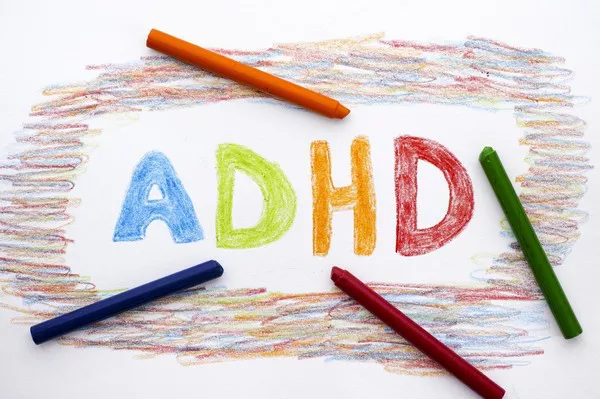A recent study has revealed that approximately 15.5 million adults in the United States have attention-deficit hyperactivity disorder (ADHD), yet many face significant barriers to accessing treatment. The findings, published on October 10, 2023, in the Morbidity and Mortality Weekly Report by the U.S. Centers for Disease Control and Prevention (CDC), highlight the challenges adults with ADHD encounter in obtaining necessary medications and care.
The study indicates that only about one-third of individuals diagnosed with ADHD had received a prescription for stimulant medication, a common treatment option, in the past year. This underutilization of prescribed medication is further complicated by reports from nearly 75% of those who did have a prescription, who stated they struggled to fill it due to medication shortages.
Worldwide, ADHD affects around 2% to 5% of adults, manifesting as symptoms like inattention, hyperactivity, and impulsivity. This study provides crucial prevalence data for ADHD in adults, marking the first significant update since 2003.
Stimulant medications, such as Adderall, are the first-line treatment for adults with ADHD. While prescribing rates have surged since the onset of the COVID-19 pandemic, issues surrounding medication availability have plagued many patients reliant on these drugs. The pandemic has exacerbated existing access challenges, leading to a troubling landscape for those needing treatment.
Interestingly, while ADHD symptoms generally begin in childhood, the survey found that 55% of diagnosed adults reported receiving their diagnosis later in life. This suggests that many individuals may not have been adequately diagnosed or treated during childhood.
The expansion of telehealth services during the pandemic has provided new avenues for accessing ADHD diagnosis and treatment. According to the study, nearly 50% of respondents utilized telehealth services for ADHD-related care, including medication management. The researchers from the CDC noted that these telehealth policies significantly improved access to care, allowing individuals to connect with healthcare providers for behavioral treatment and medication prescriptions more easily.
While telemedicine offers potential benefits for improving access to treatment, the study also underscores a need for further research into its effectiveness and safety for managing ADHD.
The findings from this survey can help shape clinical practices and inform regulatory decisions regarding ADHD treatment, particularly concerning telemedicine. Researchers advocate for continued exploration of telehealth as a means to enhance access to both behavioral therapies and medication management for adults with ADHD.
The data from this study reveal a critical gap in treatment access for millions of U.S. adults living with ADHD. As the healthcare landscape continues to evolve post-pandemic, addressing these barriers will be essential to ensure that individuals receive the care they need. With nearly 15.5 million adults affected, efforts to improve diagnosis, treatment availability, and access to care will be crucial in supporting this population’s mental health and overall well-being.
You Might Be Interested In:
-
Breast Milk Antibodies Linked to Enhanced Protection Against Rotavirus in Infants
-
Placental Changes Linked to Increased Asthma and Allergy Risk in Children, Study Finds
-
Alcohol’s Effects on Embryo Development Detected in Late-Gestation Placenta

